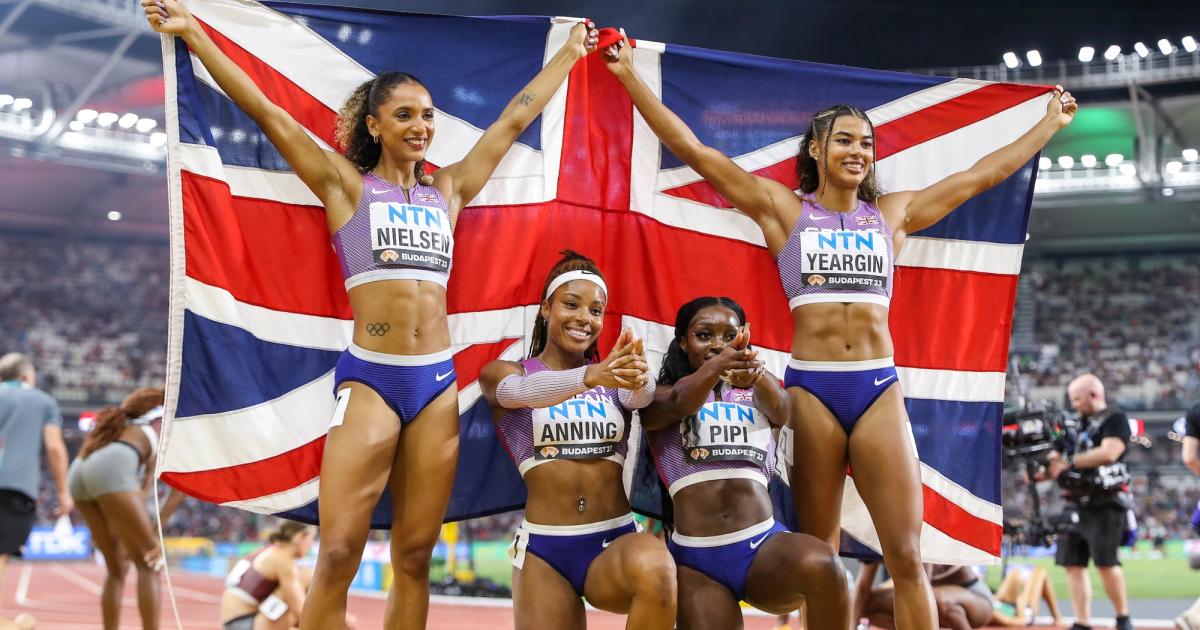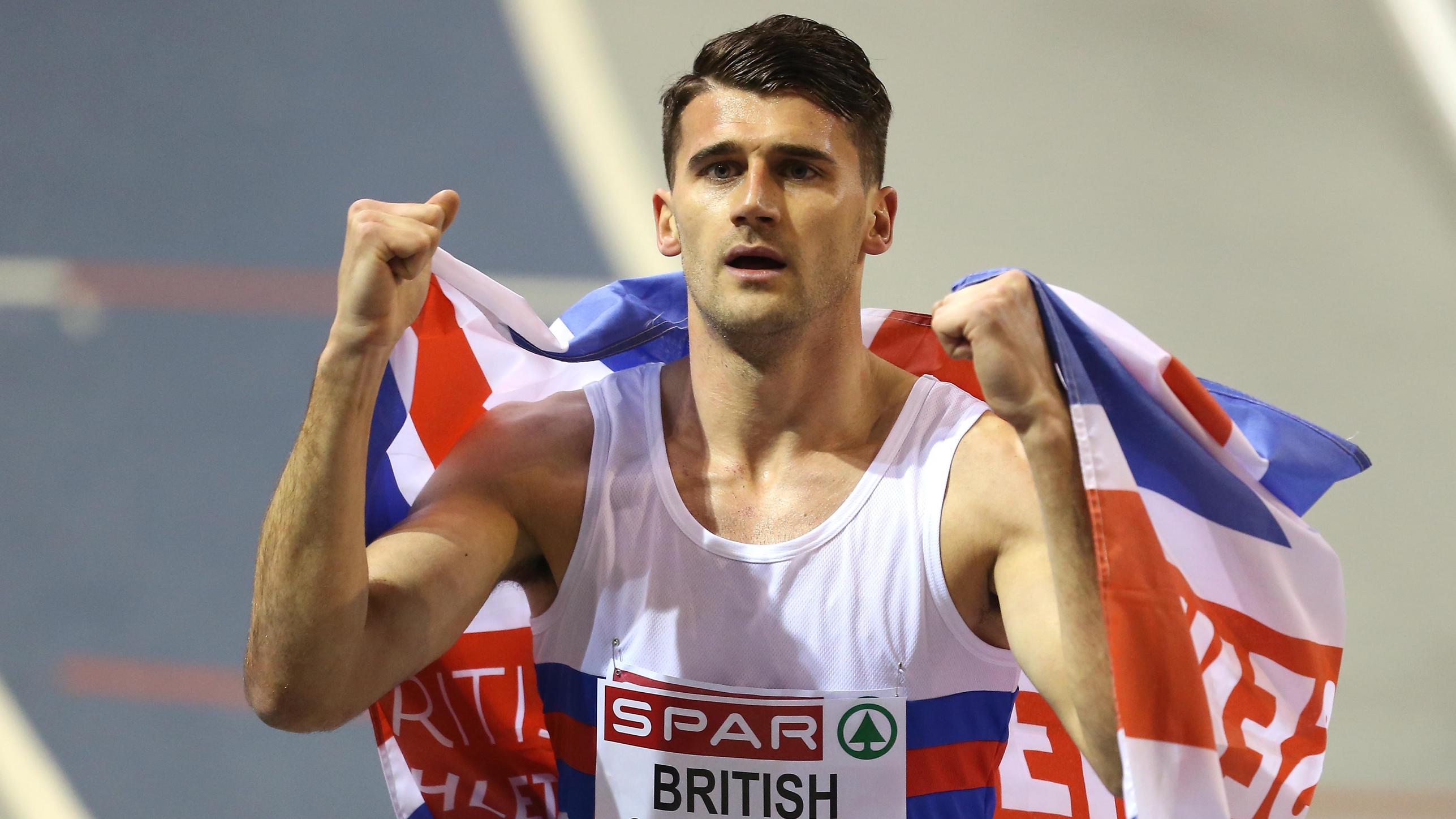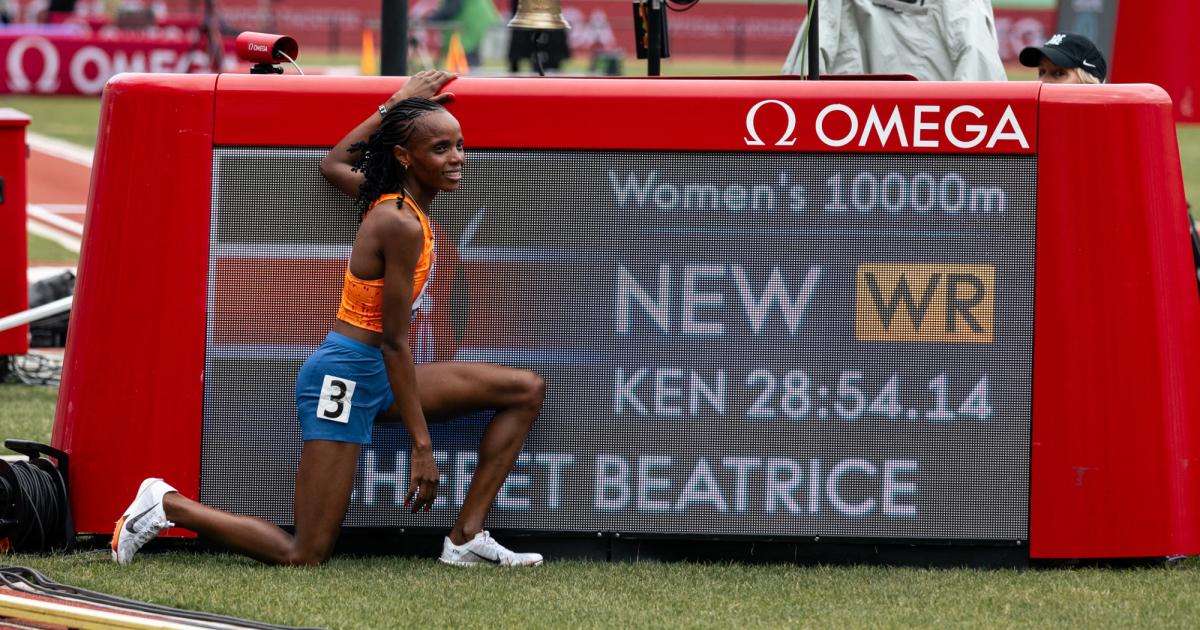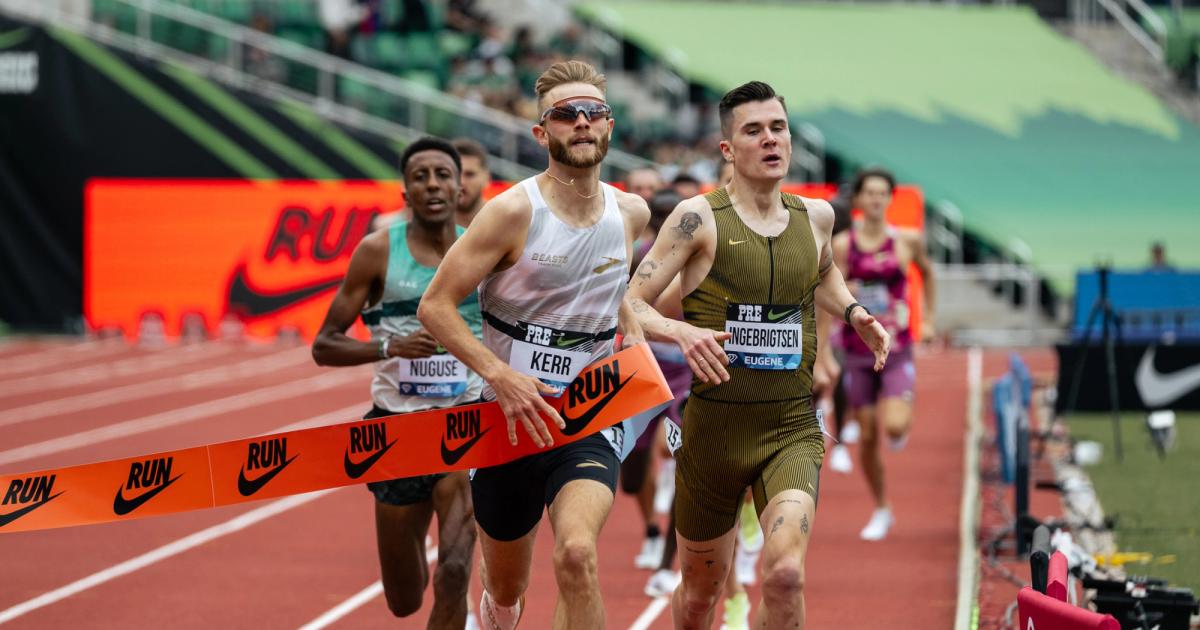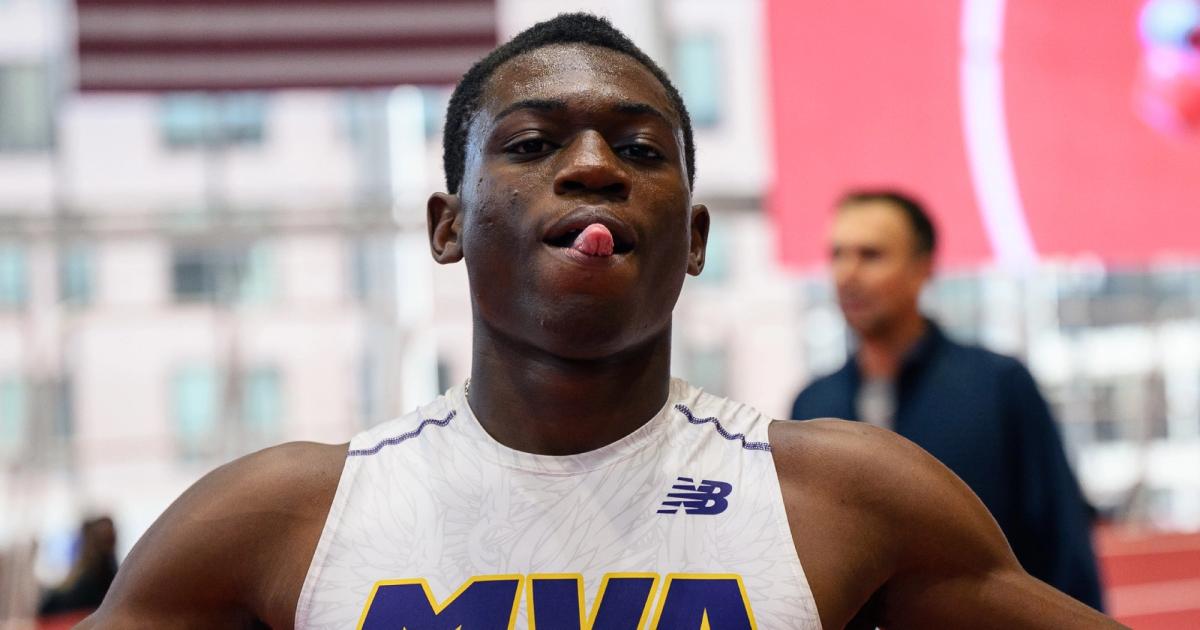By Chris Chavez
May 29, 2024
British Athletics named the team for the European Championships in Rome and – stop us if you’ve heard this one before – stirred up a pot of controversy. A generous read is that team selection for Euros was always going to be contentious, with a pre-imposed limit of 70 athletes (compared to the 115 athletes sent in 2022). But a more blunt interpretation is BA has again beefed it. The most bizarre choice includes an apparent decision not to send a women’s 4x400m relay team, an event in which medal success was almost guaranteed.
Yes, we understand the intention to prioritize medal success and top eight finishes. However, when an athlete has the Euro standard and there are no trials, the arbitrary choice to take some qualified athletes and not others is baffling when there would be space on the team to take them absent the arbitrary cap.
There’s a bigger question of athlete development. If every event prioritizes only those who might make finals or get medals, where do up-and-coming athletes go to get championship experience or catch the eyes of sponsors and coaches, which could get them the support to get to the next level? It all seems remarkably short-sighted. And if the limit on team size is based on lack of money, we wish they would just come right out and say it. If that’s the case, why not let athletes on the fringes self-fund their ticket like Australia does?
For sponsored athletes, undoubtedly their sponsor would pick up the tab, and for others, a GoFundMe fundraiser could help them live their dreams. It’s not a perfect answer (and there are potential issues around central team resources such as coaches and physios) but it means hard-working athletes aren’t denied opportunities that could be the pinnacle of their careers. Unfortunately, it seems like GB’s almost unprecedented success in Budapest has enabled British Athletics to double down on its widely reviled policy of fielding smaller teams focused only on medal success. The particularly poor treatment of field eventers on the cusp has been a theme over the years and undoubtedly discourages potential recruits from taking up the sport.
Amelia Campbell (SP), Nick Percy (Discus), Jade Lally (Discus) and Phil Norman (3000mSC) are among many with the standard who have been left at home. Amy Hunt, rising sprint star, was denied an individual 200m spot as she met the Euro standard but not the British standard which was 0.2s faster. And given that GB’s men’s 1500 contingent is the envy of basically the entire rest of the world, it’s positively nuts they aren’t sending a full team for that event.
On the positive side, a fair few of GB’s superstars have chosen to go to Rome with the likes of Keely Hodgkinson, Katarina Johnson-Thompson, Zharnel Hughes, Dina Asher-Smith and Matthew Hudson-Smith competing, and there’s a lot to look forward to at the Stadio Olimpico in a couple of weeks.

Chris Chavez
Chris Chavez launched CITIUS MAG in 2016 as a passion project while working full-time for Sports Illustrated. He covered the 2016 Olympics in Rio de Janeiro and grew his humble blog into a multi-pronged media company. He completed all six World Marathon Majors and on Feb. 15th, 2025 finally broke five minutes for the mile.
